Sword and Sandal

Sword and Sandal Fantasy Sub-Genre, a short history lesson and tips for authors interested in this category.
The Golden Age of mythological fantasy takes place in a world of biblical sense. Sword and Sandal is the foundation of the most epic tales such as Hercules, 300, and The Iliad. These stories are set in a primitive world finding a sense of community during tried times; or wrecking chaos on sworn enemies.
From Spartans to samurai this particular sub-genre has a range of appeal to an older world. The need for survival is met with silver and steel. As a reader we see many problems that we face today but shown to us in a primitive sense. Coming across problems with military or political power, romance, and culture (to name a few) were handled differently but still relate with the modern world.
If you are looking into writing a story under the sword and sandal sub-genre, I strongly urge you to read the work of Homer. Many stories we see today derive from the Greek culture established by his work.
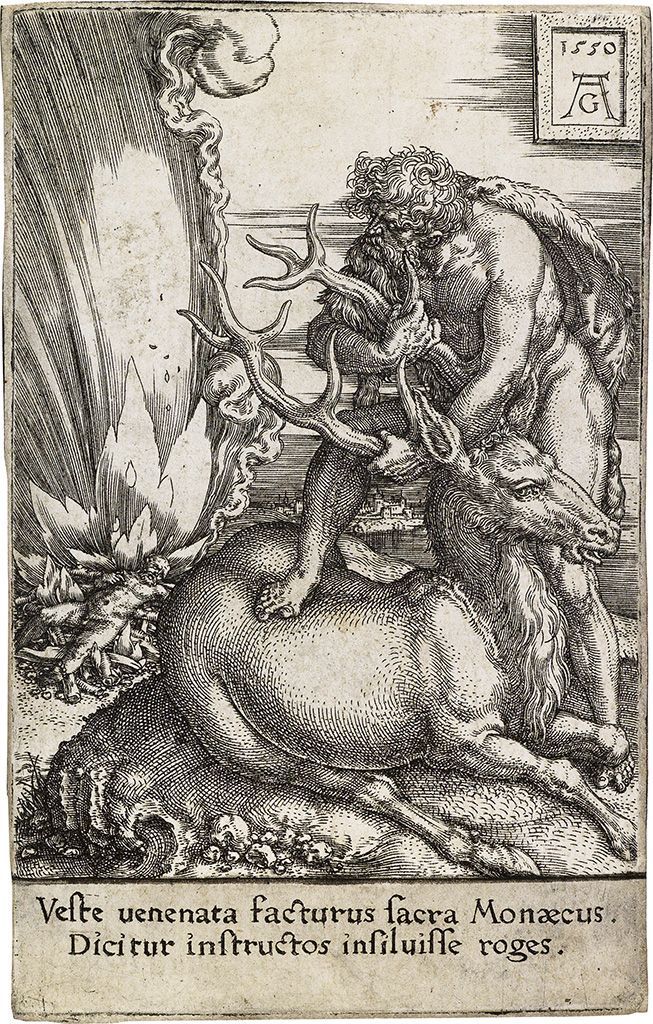
Homer, a poet of the seventh century told an epic tale of gods and goddesses influencing the choice of their creations, and ultimately rippling into a ten year war between nations — one of the bloodiest battles, and a fantastic story with multiple layers which lay the foundation for an entire tradition of writing. This is a good read for someone looking to write about sword and sandal fantasy tales — Pay attention to how Homer describes their apparel, dialogue and of course what they thought was important. As the sands of time shift, we forget that incense and wine were for prestigious men and woman. If you want to add a mythological theme you should consider having places of worship, temples, priests/missionaries or Crusaders.
The first series of movies for this genre were Italian peplum, meaning sword and sandal, but deriving from the word 'peplos' – ancient Greek clothing that universally symbolizes an older period in time. The Italian film industry was able to captivate tales from ancient Greece whilst upholding the biblical epics of the past. In fact, Italian peplum were professionally written and technically proficient. The most iconic movie from this time is Goliath, a barbarian slaughtering monstrosity. Hollywood soon took over the sword and sandal theme with overly-muscular men and poorly written dialogue that was lost in translation from the Italian counterpart. Many film critics thought this to be condescending to the culture because these Hollywood movies didn't hold back on the violence and gore.
Soon after we are blessed with tales of war such as Troy (originally an epic by Homer) and Gladiator, a slaughter-fest starring Russell Crowe. These blockbuster films were righteously tossed into the category of old western 'shoot-em-ups'
I find this sub-genre to be the most prominent of fantasy tales. They all derive from ancient tales of Greece and continue to be shared to this day. David and Goliath, Helen of Troy, Great Odysseus, Julius Caesar, Cleopatra, Hercules, and so on. These tales have always been fascinating to me, ever since a child I could remember sympathizing with half-god half-men, or underdogs like David, even the tragic story of Paris (Alexander the Great) striking down Achilles with a single arrow to the heel. Each of these stories have underlying themes of Gods and Goddesses interfering with the physical realm, and Mythology has always been fascinating to me.

Final things to consider for your story:
Dialogue; your story will always take place in a primitive era you can use this dialogue to your advantage by poking fun at thy words of old. Most importantly this is how to best describe your characters – simply by what they say or do, rather than what they think or feel. 'O, mighty warrior of the far west, haft thine come to vanquish our peddlers and servants?' You get the gist, if Shakespeare isn't your groove just write the dialogue in modern words. We all know the story wasn't translated from centuries ago, and we all know it's fantasy. Just write the dialogue how you see fit, but make sure you are cutting out anything that doesn't apply to the storyline or you end up writing a story that goes all over the place.
Deities; if you decide to add gods to your story this will add depth, and a second perspective of the world – through the eyes of the creators. Homer's gods were constantly mating around and causing more problems for themselves, but with so many gods he was able to assign certain roles for each to complete. God of the Sea God of Lightning, God of Wine, and so on so forth.
Death; morbidity is not necessarily key. Homer was thought to be quite the violent poet, but when you look back on his work, he describes most every character's death as "he/she entered darkness" of course that was many, many centuries ago. The passing of a character in your story should symbolize more than entering the underworld. If a main antagonist is killed in your story the underlying theme would be "hope of freedom has been vanquished" of course your gory scenes can be descriptive, but I encourage you to avoid waves of blood, and instead explain the larger picture, or give the reader your characters final thoughts/emotions, and leave the blood and guts to Hollywood.
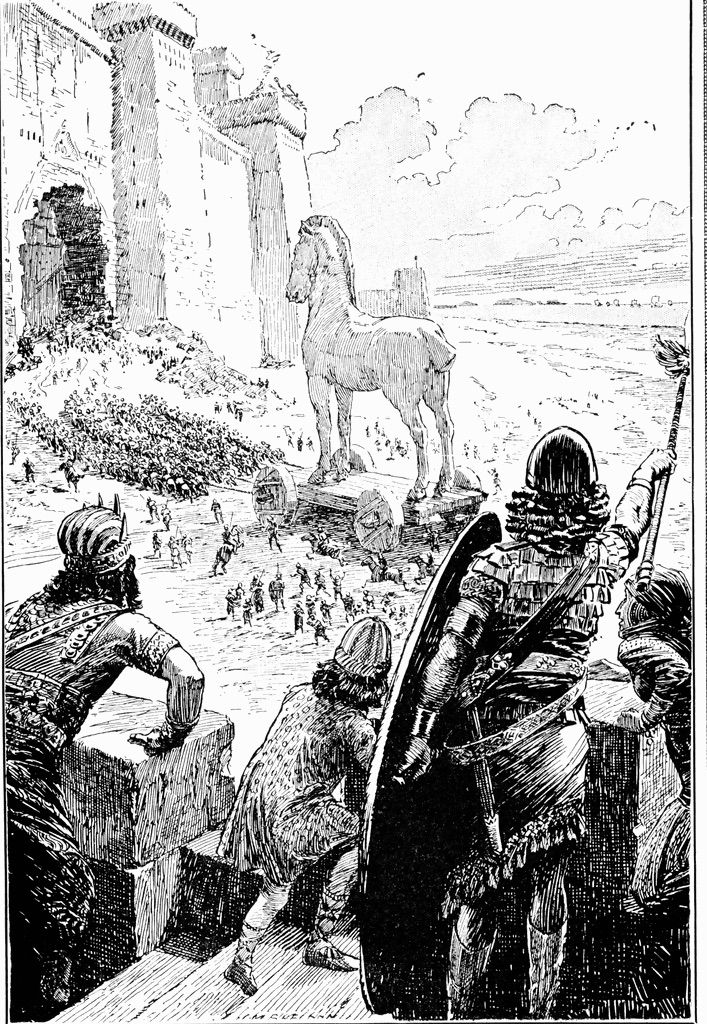
Message; this is key to any fantasy story that will stand the test of time. Think back on your work, what is the message you are trying to convey? Redemption, Hope, Mercy? This is what your story is truly all about the underdog, and the evil mastermind. Now, go forth to victory!

Example of Sword and Sandals on Wattpad:
Odyssey of Olympus by JacobTylerM19
Synopsis:
For centuries the people of Zødius worshipped their Gods even after the Dark Age; an Order of Light still exists in the heart of the land. A prophecy had spoken but, to the surprise of the colony – The Son of Mt. Olympius would be given to a captured kingdom of ruthless barbarians. Experience the tale of a godchild wandering the universe and his crusade to uphold the glory of light. My vision is to create multiple stories throughout his lifetime that go further in-depth with the many other characters we meet along the journey. Here is a short excerpt from one such prominent character, Executus an orphan of the barbaric people plays the tragic tale of a man sworn to bring chaos, yet deep within his soul cries for peace.
Excerpt:
The gladiator stood silently under the stadium through the thunderous applause of the spectators. Clearing his mind of pain and focusing on his hatred. His knuckles turned white and his grip tightening around the hilt of his long steel sword. Clenching his jaw whilst slowly revealing his maroon eyes under the intimidating crease of his brows. The large silver doors leading into The Gladiator's Ring were opened by two guards on either side. The gladiator took each step with purpose, his furious gaze focused on the opposite side of the ring. The crowd vigorously cheered as the gladiator exposed himself to the beaming sunlight.
"Executus! Executus! Executus!" The restless crowd began chanting.
The veteran eyes wandered through the crowded stadium -- fueling his anger before returning his attention to his opponent. Both gladiators increase their momentum charging forth to the center of the ring.
Executus parried every weak swing from the opponent and his ferocity began to diminish from the familiar face of his old friend. The veteran quickly disarmed his opponent and the tumultuous crowd cheered louder as the blade flew away from combat.

Inspirations:
Setting
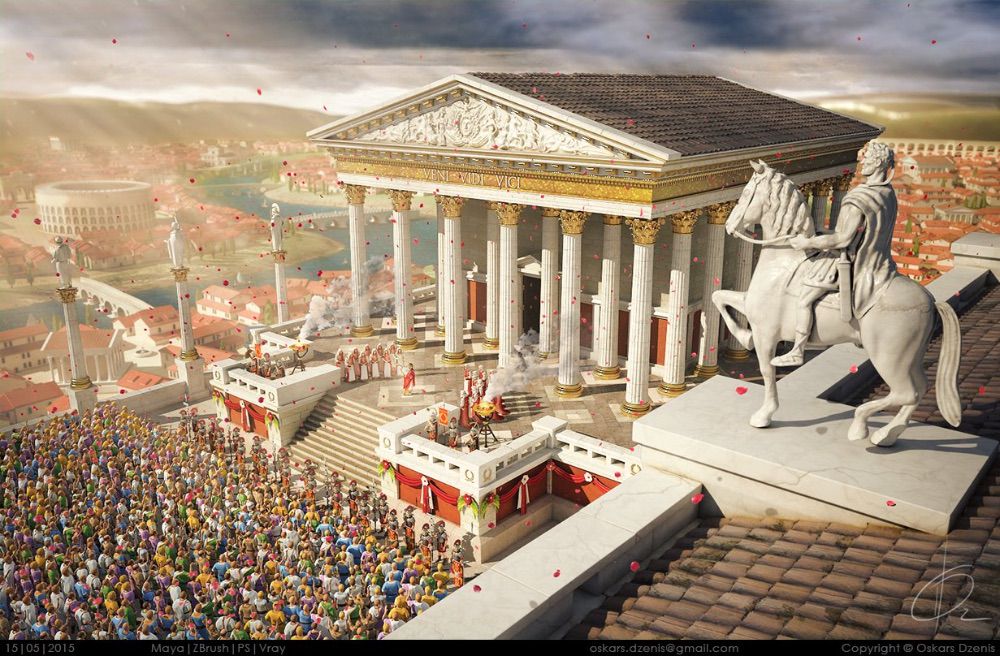
Characters
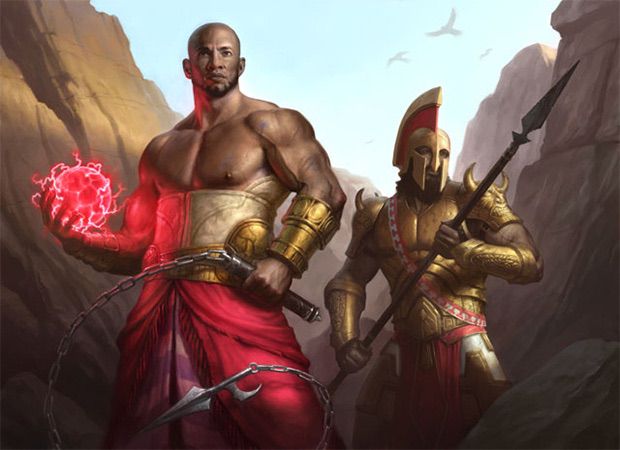
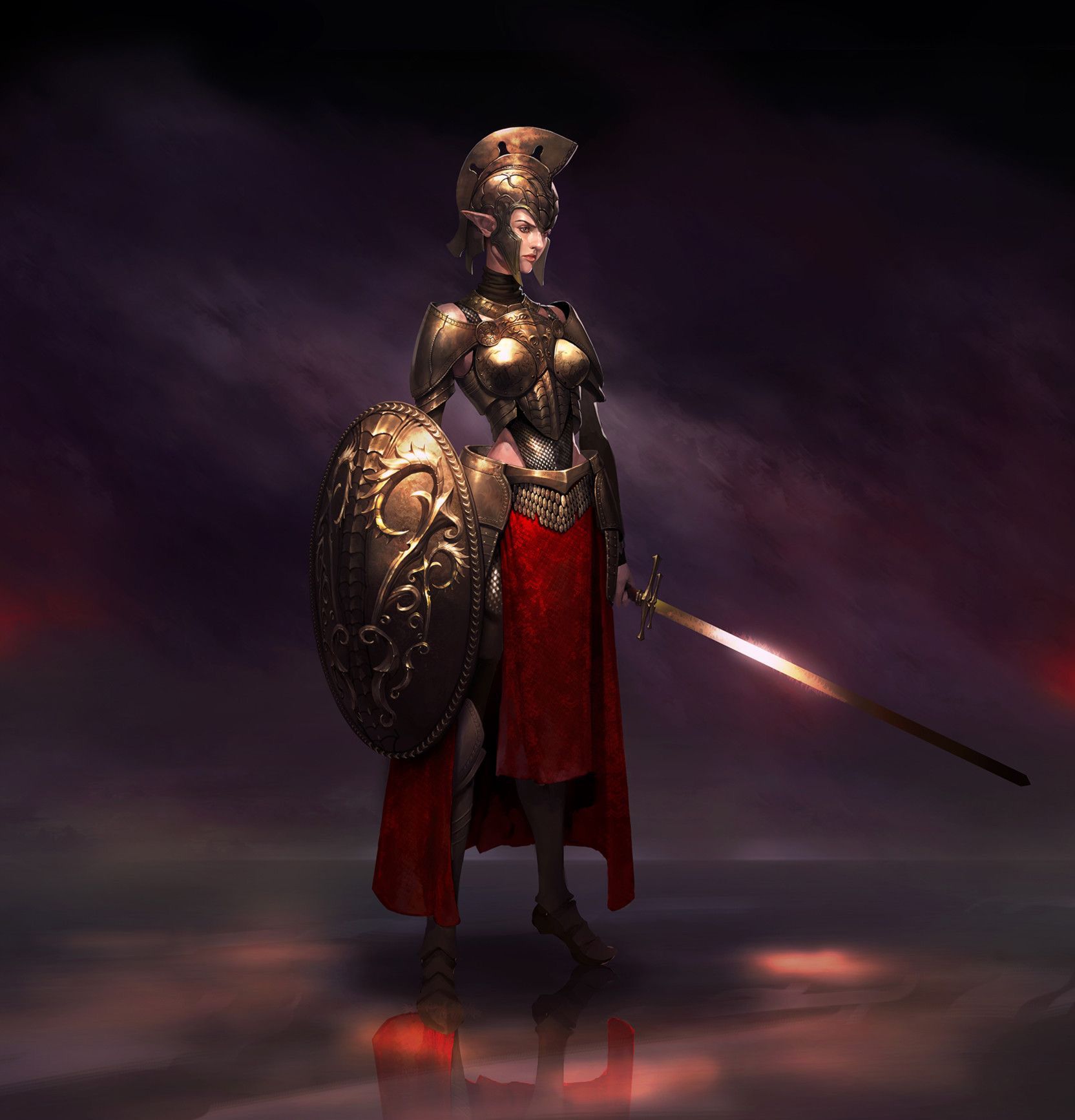
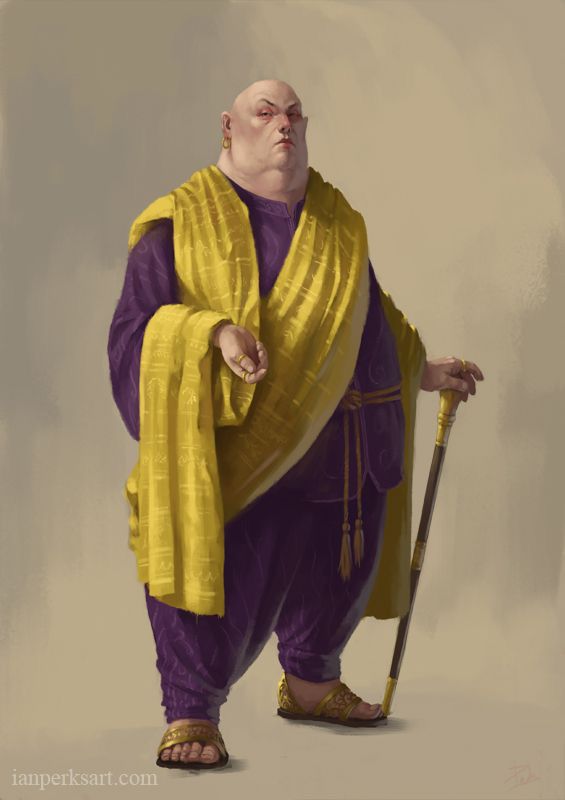
Music
https://youtu.be/USz9cwVSaqg
Bạn đang đọc truyện trên: AzTruyen.Top